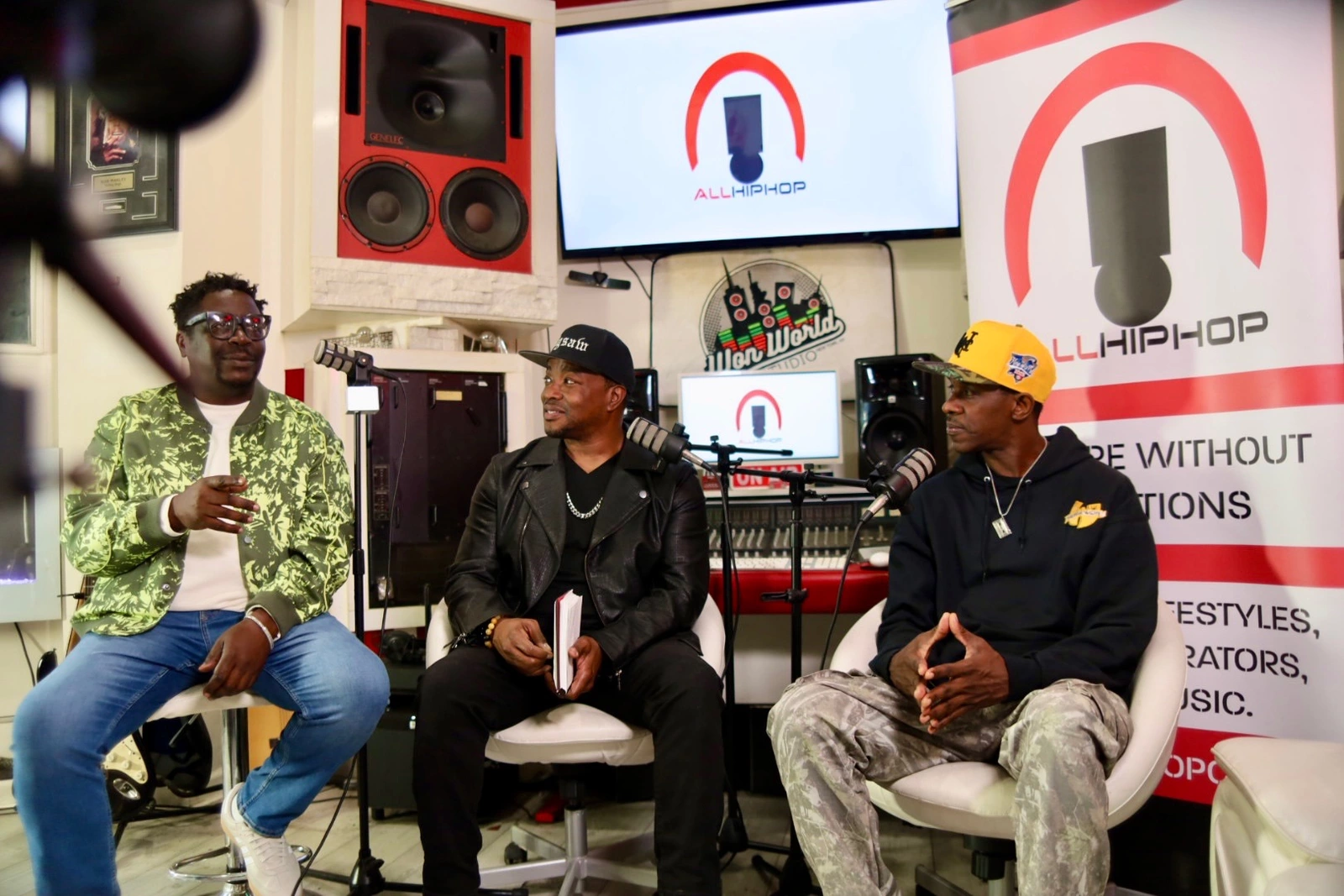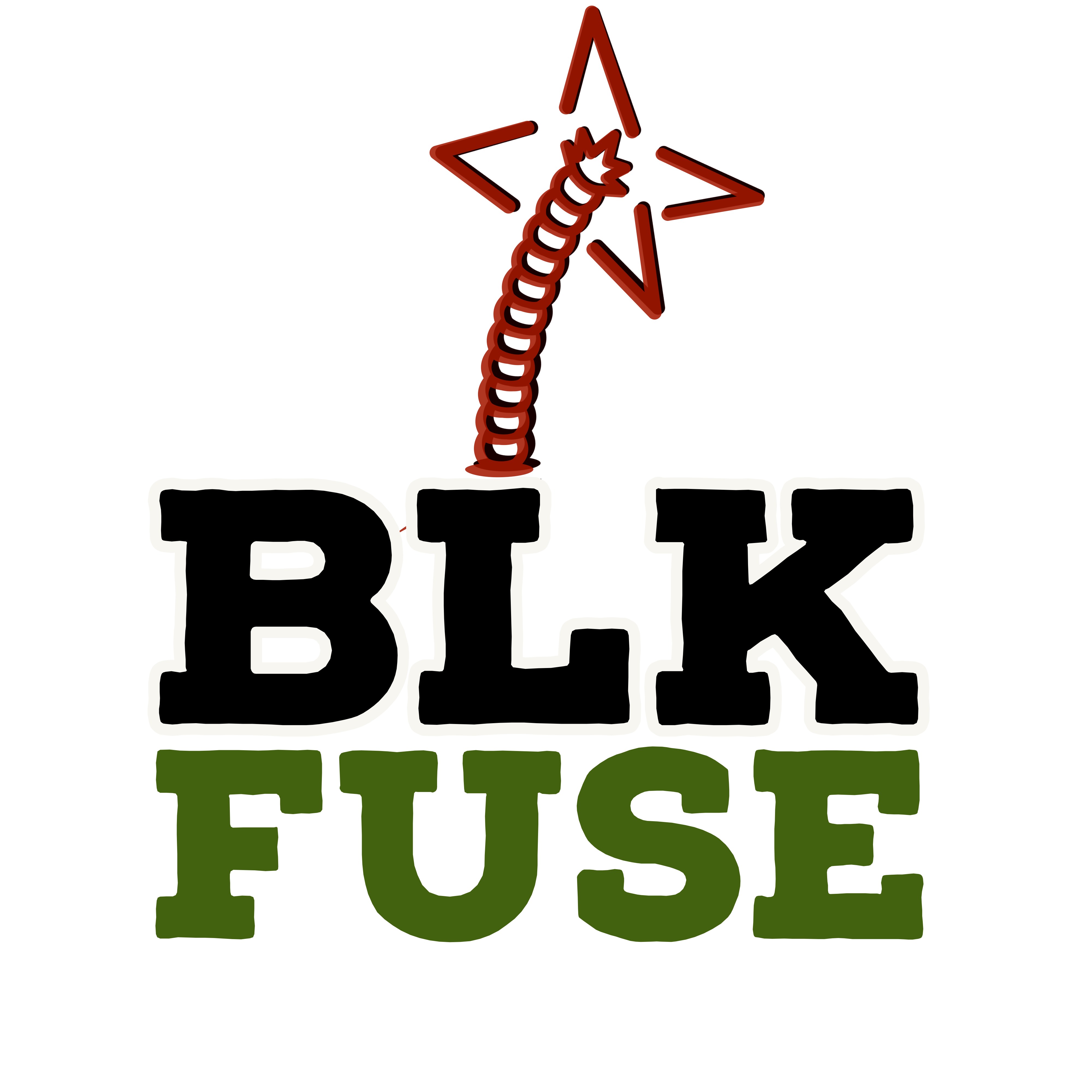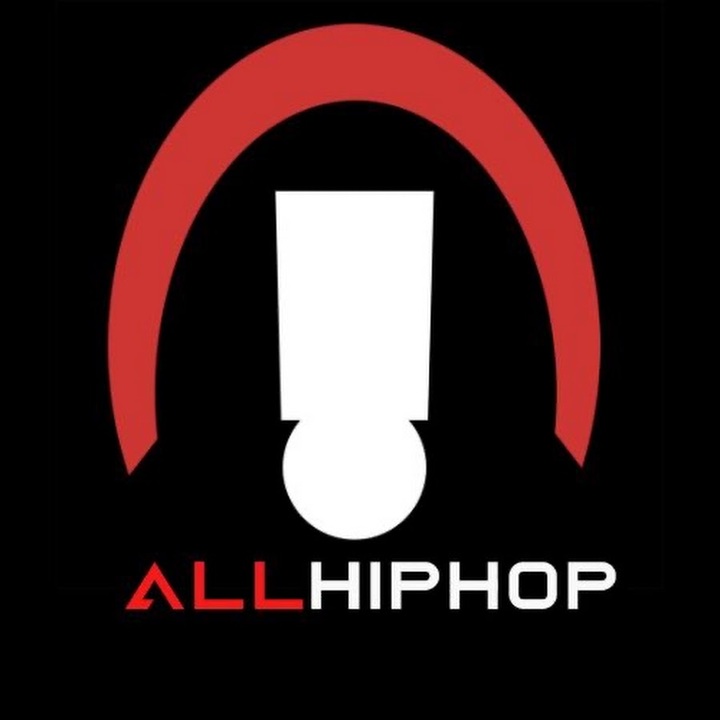
Uncle Ray Copeland never planned to be a power player in Hip-Hop. Before managing rap royalty like DMX and The Lox, he was a teacher, guidance counselor, and mentor shaping young lives in classrooms instead of recording studios. But fate had other plans, pulling him from lesson plans into late-night sessions, contracts, and the chaotic brilliance of Hip-Hop’s late ’90s boom.
In an emotional and unfiltered interview, Copeland—known affectionately as “Uncle Ray”—revisits his rise from educator to executive, recalling how he became one of the driving forces behind DMX’s early career and the formation of Bloodline Records. His tone is measured but weighted with memories that still sting and inspire. “I was there through the highs and lows,” he said, reflecting on the raw intensity that surrounded the late rapper. “We went through battles…industry battles, personal battles, but we always kept faith that X was chosen for something greater.”
That faith was tested often. Copeland described moments of triumph that turned to tragedy and success shadowed by the music industry’s unforgiving nature. He remembered how Ruff Ryders and Bloodline Records, two forces meant to amplify DMX’s vision, sometimes clashed over creative control and loyalty. “It wasn’t always pretty,” he admitted.
But Uncle Ray isn’t bitter, he’s reflective. Decades later, he remains a quiet guardian of DMX’s legacy. Uncle Ray Copeland wasn’t just behind the scenes, he was part of the reason why Earl Simmons made it through the treacherous shark-infested music industry. Soon, he’ll tell his complete story. For now, read a heavily condensed, edited version of our talk with Uncle Ray. Watch the video for the full conversation between Chuck “Jigsaw” Creekmur, DJ Thoro and Uncle Ray Copeland.
AllHipHop: For people who don’t know the name behind the scenes, who is Uncle Ray Copeland?
Uncle Ray: I’m DMX’s uncle and former manager, and I’ve worked with the LOX, Eve, Drag-On, Parlé, Yuckmouth, a bunch of Bloodline artists. Plus producers like Dame Grease and PK. Before the music business, I was a teacher and guidance counselor. I even taught inside Westchester County’s youth prison program. Styles P was actually my student before I became his manager.
AllHipHop: You said Styles was an excellent student.
Uncle Ray: Brilliant. He was close to graduating when he came into the program. I pulled his records, pushed him to finish, and he wound up getting his high school diploma and GED the same year. He damn near aced his SATs in our prep class. I used to run a Black library in that school; I handed him Manchild in the Promised Land and he ran with it, got heavy into reading. We learned from each other.
AllHipHop: Let’s go back to DMX’s earliest years. There’s been so much written.
, Uncle Ray: He told stories with drama. Some of that, he embellished. Years before he passed, he and his mother had a great relationshipbetter than the narratives out there. His sisters would say, “How did we grow up in the same house and have different stories?” Yes, he went to group homes. Yes, he caught beatings like any kid. But the more extreme parts? He made the story bigger. That was part of his gift—he could make you feel it.
AllHipHop: Early on, you noticed something unique about his mind.
Uncle Ray: On the set of Belly, he read the script once and didn’t need sides. He had a form of photographic memory. He was feeding lines to people…Terrell Hicks, even Nas. People fell in love with him right there. When he locked in, he aced it.
AllHipHop: You weren’t “industry” in the traditional sense. Did that help?
Uncle Ray: It did. I told executives straight up: if the music stopped tomorrow, I had degrees and work to go back to. I wasn’t chasing rooms to be seen. That grounded me with Earl. In the beginning, he listened to everything. When success exploded-second and third albums, Belly, Exit Wounds—the head swells start. That’s natural. But counseling and psychology helped me communicate and keep him moving.

AllHipHop: You’ve said the industry made him late.
Uncle Ray: He was early at first. Our first big video—LL’s “4,3,2,1”—we were there at 6 a.m. Years later, he’d show up and people would still kiss his ass. He saw that and never wanted to be the one sweating to please people who didn’t keep the same energy. He could be late and still be great; that’s how they treated him. That shaped habits.
AllHipHop: You helped negotiate the movie bag. Walk us through the Joel Silver chapter.
Uncle Ray: Barry Hankerson put us on the phone with Joel for Romeo Must Die. We were on tour. He started at $250,000. I said, it’s not the money—we have to align the schedule. He called back at $500,000. Then he called again: “$1 million. I’ll call you back.” With perks and expenses, it landed closer to $2 million. Next, Exit Wounds: Joel said, “I’m not playing with you—$5 million plus perks.” The movie recouped and did numbers with home video. Then Cradle 2 the Grave went even higher with better back-end. I also made sure I had back-end as a manager. Those deals taught me a lot.
AllHipHop: You turned down a five-picture deal later.
Uncle Ray: Correct. They’d have had first right of refusal on everything. With Earl’s volatility back then, they could’ve boxed him in. Remaining a free agent was the best thing for him. Joel later told me I did right by X.
AllHipHop: People still talk about DMX at Woodstock, sea of people and X in red overalls and Timbs.
Uncle Ray: Wild energy. They were throwing mud. He asked, “What does that mean?” I told him, “They love you.” And yeahTimbs all the time. Timberland sent him boxes and boxes, but the full endorsement never materialized after an early legal situation derailed some brand talks.
AllHipHop: Let’s talk Bloodline Records. You’ve said it was born out of a promise.
Uncle Ray: Earl was promised a percentage of Ruff Ryders. When he felt that wasn’t coming, he said, “I’ll start my own.” Lyor flew to Canada while we were filming Exit Wounds, offered an extra deal, the lawyers ran numbers, and Bloodline was born. Tension with Ruff Ryders grew because some thought X would sign himself to Bloodline. He didn’t want to leave Ruff Ryders. He wanted what he was promised and to own something of his own.
AllHipHop: Were you ever in danger during that period?
Uncle Ray: Yes. First time I got shot was an accident—Earl was paranoid, pulled a gun in a hotel lobby, I smacked it down, and the shot hit my foot. Later, in the Bloodline/RR tension, I was shot in the arm and heel outside a meeting. I jumped a seven-foot fence on adrenaline and hid until police cleared the scene. Family around me tried to keep me from walking into that situation. Lesson learned.
AllHipHop: The final days are hard to revisit, but you’ve shared details the public never had.
Uncle Ray: April 3rd—when I reached the hospital, I knew in my spirit he was gone. A doctor cousin of mine told me to ask about the contrast test to see if there was any brain activity above the neck. There wasn’t. White Plains PD hasn’t officially closed that case, last I knew. There was a delay in calling for help; every minute counts. I believe ignorance and panic played a role. It still hurts.
AllHipHop: You’ve also said you paid for the funeral when others wouldn’t.
Uncle Ray: My partners Jermaine Miller and attorney Ron Sweeney and I put up roughly $150,000 to get that funeral done right—the Barclays production, the logistics. Def Jam contributed $35,000. Kanye handled the Barclays show production. There was a lot of public flexing from institutions about “taking care of it.” We took care of it. Because that’s family.
AllHipHop: There’s a huge question around unreleased music. What’s really there?
Uncle Ray: A lot. Arizona years with Dame Grease, more recent work with Swizz, tapes and notebooks I personally have, a whole gospel album recorded during the Def Jam Undisputed era, and even a rock-arranged project of his early hits that Rich Keller mocked up from the first two albums—never released. The vault is deep. But anything new needs a purpose and a plan, or it’ll meet the same fate as the last posthumous album, which wasn’t sequenced how Earl wanted.
AllHipHop: Does Def Jam still control that gospel album?
Uncle Ray: Most likely, yes, because of when it was recorded. Other music is scattered between producers and the estate.
AllHipHop: You’ve been adamant about publishing. That’s not a small point.
Uncle Ray: From early on, I broke down publishing to Earl like this: the label prints the book, but the words are yours. Why give up 50% forever? We structured his deal so that with success benchmarks—platinum tiers—parts of his publishing reverted back to him. He wound up owning 50% of his publishing. Universal once offered $107 million to buy it. We said no. We did admin deals instead. That matters for his kids and his estate.
AllHipHop: The estate is healthy?
Uncle Ray: The catalog prints. Syncs, films, global streams—DMX’s music works everywhere. Producers can exploit their share while the estate signs off on its side. Money’s there. But life insurance? No. That’s why relationships and real friends mattered so much during arrangements.
AllHipHop: How were Jay-Z and X, really?
Uncle Ray: Great at first. When Jay became Def Jam president, friction came—Earl didn’t want to take orders from an artist he viewed as a peer or rival. Jay told me in the building: if X wants to leave, he can leave, debt-free. That was huge. But there was a clause—if he returned to the Universal system, that debt could re-attach. Later, he did come back. That clause mattered.
AllHipHop: X vs. Drake – he really seemed to dislike Drake.
Uncle Ray: Early on, Earl didn’t feel Drake was a “dog.” Add in the Aaliyah a cappella situation without the right calls being made—X loved Aaliyah—that was extra. But later they made peace.

AllHipHop: Faith was central to his art. The prayers are part of his legend. Where did that come from?
Uncle Ray: My sister raised Earl with Jehovah’s Witness discipline, and his grandmother had a deep relationship with God. He knew the Bible front to back, read the dictionary, too. The prayers weren’t a gimmick. He always said, “God gave me this; I have to give it back.” The darker songs—“Damien,” the Marilyn Manson joint—were him wrestling his demons in public.
AllHipHop: You mentioned X’s kids and privacy.
Uncle Ray: Earl wanted his children to be Earl’s kids, not “DMX’s kids” on display. He broke cycles—suburbs, good schools, smart friends. They’re tech-minded, creative, thinking beyond thinking. That’s a win.
AllHipHop: With AI and new tech, could there be a tasteful future “DMX experience”?
Uncle Ray: Possibly—if it’s done with the right people, real budget, and the estate’s full buy-in. Don’t just dump tracks. Honor the sequencing, the narrative, the prayer. Make it purposeful.
AllHipHop: What do people misunderstand most about you—and about X?
Uncle Ray: People thought I was made up because I didn’t chase cameras. But every multi-platinum album in that early run, the movies, major TV—those deals were under me. As for Earl—he was a genius with a photographic mind and a giant heart. The industry distorted some habits, and the storytelling added layers to his origin. But the faith, the fight, the love—all real.
AllHipHop: Last thing: If you could freeze one truth in the record for historians, what is it?
Uncle Ray: That we did this as family first. When he died, the phone calls I made to “the industry” didn’t bring the help they bragged about in public. Family made it happen. And on the music side, protect the publishing and purpose. That’s how you take care of his legacy and his kids.
AllHipHop: What’s next for you?
Uncle Ray: This is my first real interview. A book is coming—I kept journals my whole life. And I’m circling back to the film world. When I’m ready, you’ll get the exclusive.
AllHipHop: We appreciate it. Thank you for doing this with us.



